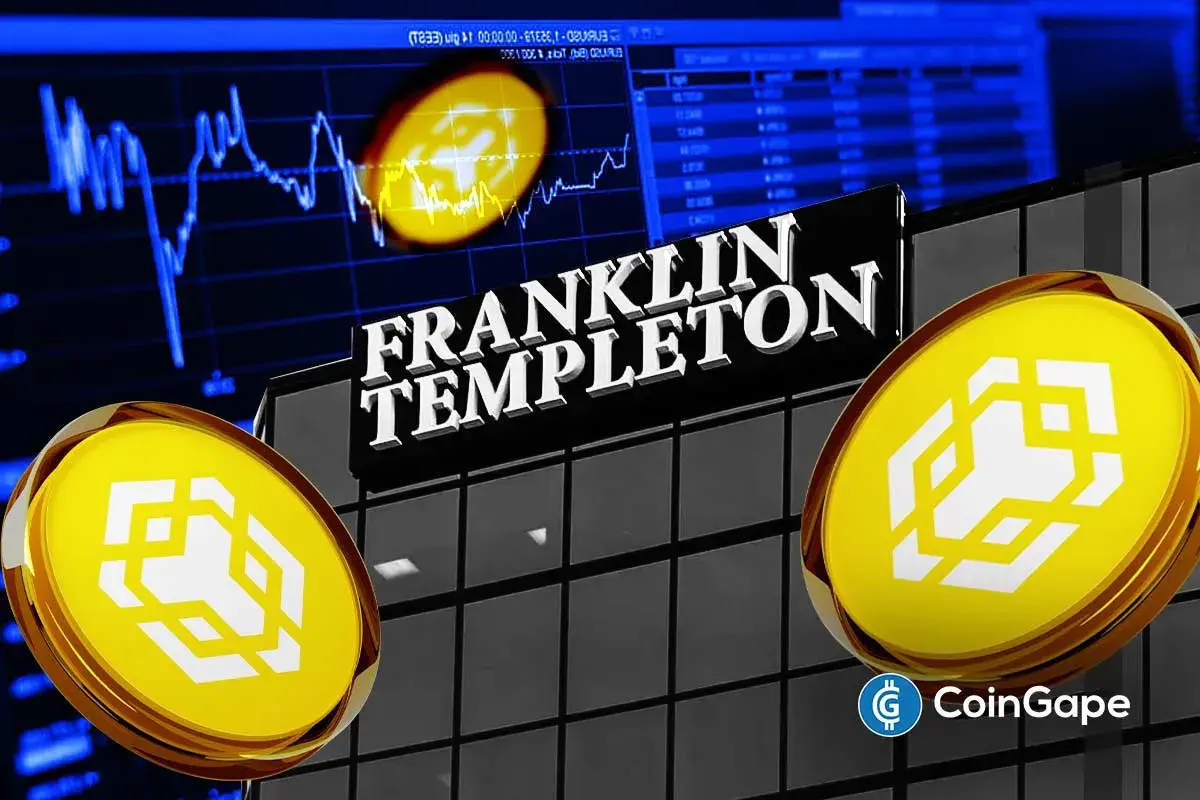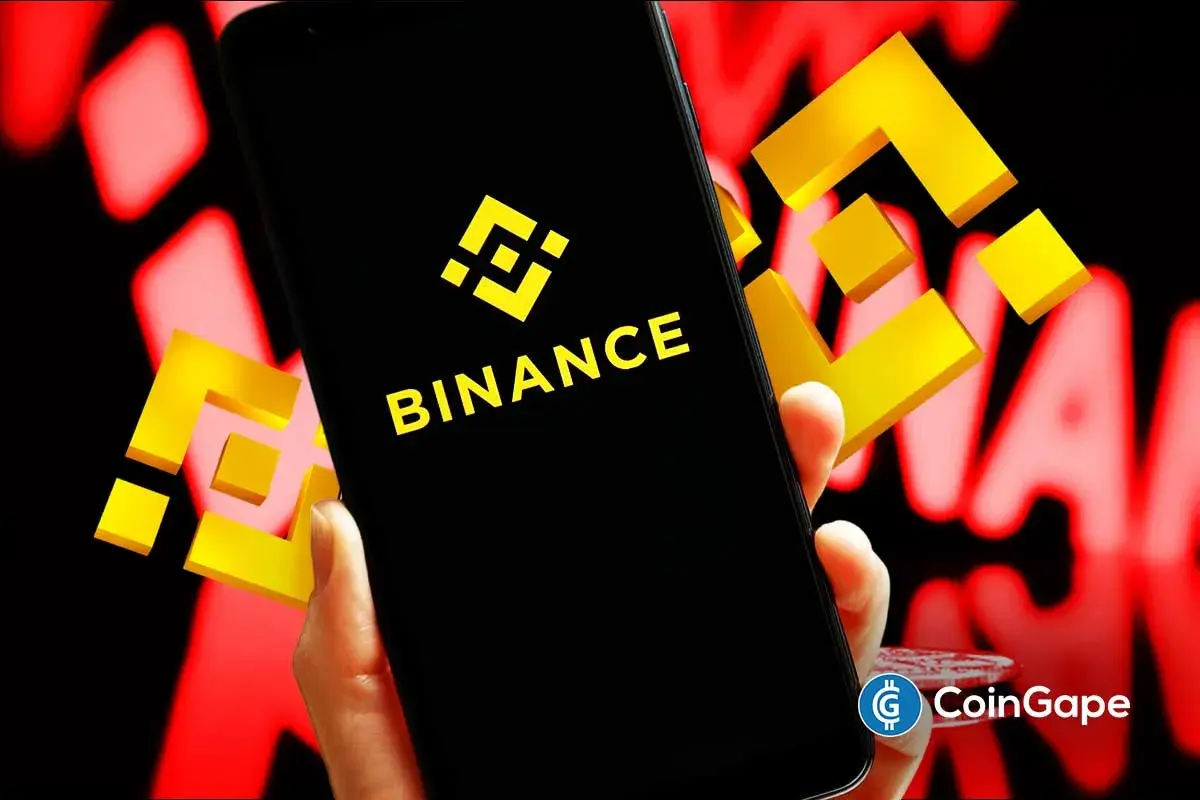CBN Official Testifies Binance Illegally Operated in Nigeria

Highlights
- Nigerian authorities have intensified their lawsuit against Binance, alleging unlicensed operations and illegal transactions.
- Central Bank official Olubukola Akinwunmi testified that Binance lacked the necessary licenses to operate in Nigeria.
- Akinwunmi highlighted Binance’s peer-to-peer service, which he claimed operates like a money brokerage requiring central bank approval.
In a court hearing in Abuja, Nigerian authorities intensified their legal battle against the cryptocurrency exchange Binance. Central Bank officials testified that Binance operated without a license, which aligns with allegations of facilitating illegal transactions on its platform.
Binance Accused of Unlicensed Operations in Nigeria
Olubukola Akinwunmi, a key figure from Nigeria’s central bank, claimed Binance had no authority to enable cryptocurrency trades in Nigeria. The lack of a formal license emerged as a significant point during the court proceedings. The Economic and Financial Crimes Commission leveraged this point, underscoring potential legal violations by Binance.
Akinwunmi explained that Binance’s services equated to a money brokerage requiring specific regulatory approval. He highlighted the peer-to-peer platform’s ability to exchange naira for other fiat currencies. Such operations typically necessitate central bank authorization as a recognized exchange or a bureau de change.
Moreover, the central bank official criticized Binance for allowing pseudonymous trading on its platform. Despite Binance’s stringent identity verification measures for Nigerian users, these practices have been questioned. Binance mandates local banking details and government-issued IDs for Nigerian traders.
Also Read: Venezuela’s Digital Asset Remittances Hit Yearly $460 Million
Gambaryan’s Health Ignored by Nigerian Officials
Tigran Gambaryan, Binance’s US-based compliance executive, faces charges alongside the firm. Since his arrest in February, Gambaryan has been held at Kuje Prison and has encountered severe health issues, including malaria and pneumonia. His condition worsened, leading to a collapse at the trial’s outset in May.
Despite a judicial order for medical attention, prison officials delayed compliance, only conducting tests weeks later. The results have not been disclosed to Gambaryan’s defense team. This neglect sparked criticism from Justice Emeka Nwite, who admonished the prosecution and prison authorities for disregarding his directives.
Justice Nwite warned of consequences if the medical reports are not presented by the next court date, set for July 16. Meanwhile, prison officials have dismissed allegations of mistreatment, asserting that Gambaryan is not in a severe health condition. The ongoing trial has drawn attention to the broader implications of cryptocurrency regulation in Nigeria.
Following these legal challenges, Binance ceased its operations for Nigerian users, affecting an estimated 13 million customers. The sudden withdrawal has left many seeking alternative trading platforms.
Also Read: Multicoin Capital To Fund Crypto-Friendly US Candidates In Solana
- Breaking: SUI Price Rebounds 7% as Grayscale Amends S-1 for Sui ETF
- Bitget Targets 40% of Tokenized Stock Trading by 2030, Boosts TradFi with One-Click Access
- Trump-Linked World Liberty Targets $9T Forex Market With “World Swap” Launch
- Analysts Warn BTC Price Crash to $10K as Glassnode Flags Structural Weakness
- $1B Binance SAFU Fund Enters Top 10 Bitcoin Treasuries, Overtakes Coinbase
- Pi Network Price Prediction as Mainnet Upgrade Deadline Nears on Feb 15
- XRP Price Outlook Amid XRP Community Day 2026
- Ethereum Price at Risk of a 30% Crash as Futures Open Interest Dive During the Crypto Winter
- Ethereum Price Prediction Ahead of Roadmap Upgrades and Hegota Launch
- BTC Price Prediction Ahead of US Jobs Report, CPI Data and U.S. Government Shutdown
- Ripple Price Prediction As Goldman Sachs Discloses Crypto Exposure Including XRP

















